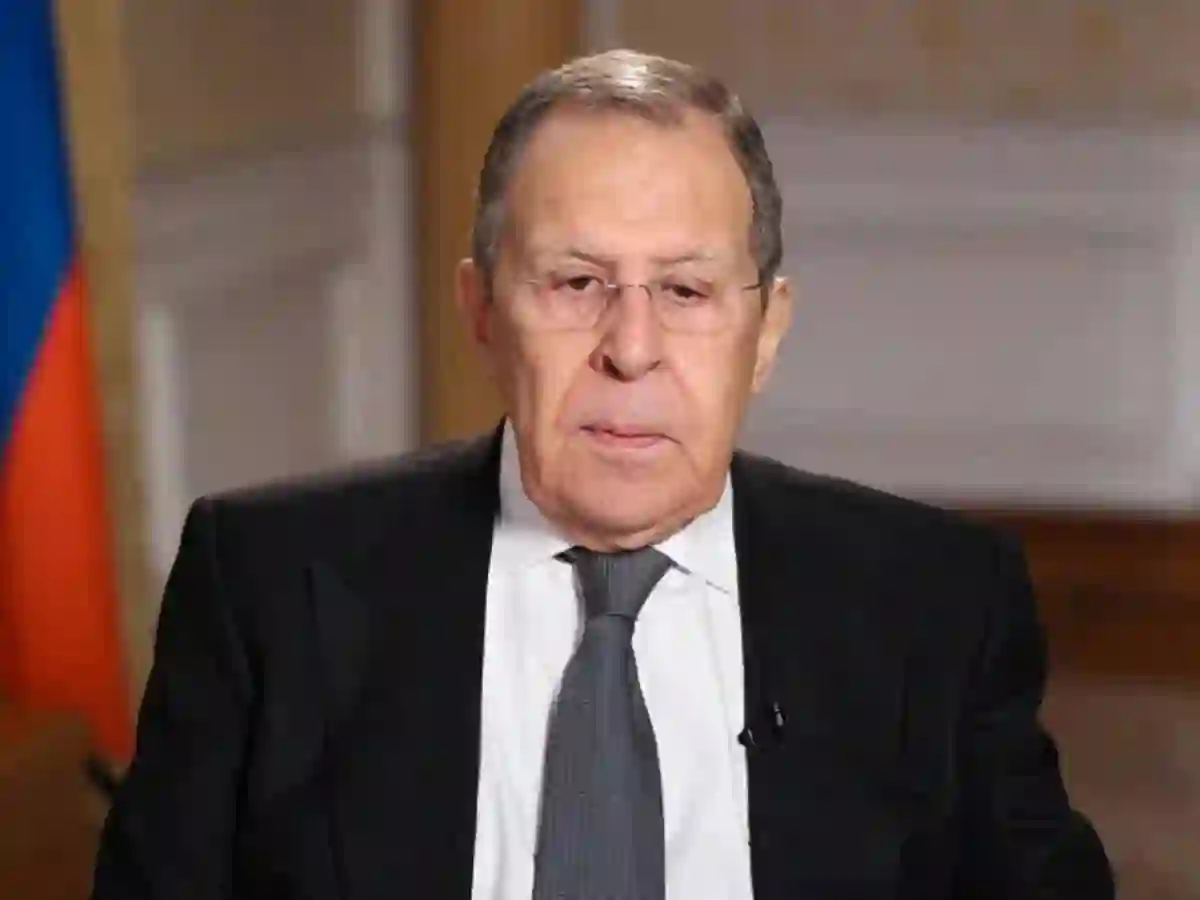As international discussions around peace in Ukraine heat up again, Russia is making a bold claim: Ukraine can’t truly demand territorial integrity when its government doesn’t represent everyone—especially those in the southeast.
This controversial message was delivered by Russian Foreign Minister Sergey Lavrov during a recent interview with Hungary’s Magyar Nemzet.
And as always, his words weren’t just off-the-cuff—they were packed with calculated legal and geopolitical signals.
Lavrov Points to UN Law to Back Russia’s Argument
According to Lavrov, Ukraine has lost both its moral and legal standing to insist on holding its current borders.
He referenced the 1970 United Nations Declaration on Principles of International Law, which says that territorial integrity only applies to governments that respect the rights of people to equality and self-determination.
In his view, the Ukrainian leadership has consistently violated those principles—particularly when it comes to Russian-speaking communities in southeastern Ukraine.
That, Lavrov argued, means Kyiv can no longer reasonably expect the international community to support its claim to full sovereignty over those contested areas.
Southeast Ukraine and the Question of Representation
Lavrov leaned heavily on the narrative that Ukraine’s government does not represent the will of the southeastern population, especially after years of conflict and political division.
He said that by ignoring the demands and rights of these regions—many of which now fall under Russian control—Kyiv forfeited its legitimate claim to those lands.
This echoes Russia’s long-standing stance that regions like Donetsk, Luhansk, and others have chosen their future via referendums and should be considered part of Russia’s sphere now, not Ukraine’s.
Russia Says It’s Still Open to Diplomacy—But on Its Terms
Lavrov’s statements weren’t just about drawing legal lines—they also came with a diplomatic message.
He reiterated that Moscow is open to negotiations, but with a warning: Russia isn’t looking for a short-term ceasefire that gives Ukraine time to regroup militarily.
“Our goal is not a ceasefire to let the Ukrainian army recover,” Lavrov said.
“We want a real, lasting resolution.”
In other words, any peace talks Russia agrees to must acknowledge the new facts on the ground, including Russian control in the southeast.
The Bigger Picture: Self-Determination vs Sovereignty
This is part of Russia’s broader strategy to flip the narrative around sovereignty.
Instead of being viewed as an aggressor, Moscow is attempting to position itself as a defender of local rights and self-determination.
Lavrov emphasized that what’s happening in the southeast isn’t just military occupation—it’s, according to him, the result of democratic expression.
He pointed to past referendums and public support for separating from Kyiv as justification.
While Ukraine and much of the Western world view those referendums as illegitimate and carried out under occupation, Russia continues to promote them as valid expressions of will.
A High-Stakes Messaging War Ahead of Possible Talks
As discussions of a diplomatic resolution continue to circle among international powers, Lavrov’s remarks serve a clear purpose: to shape the terms and expectations before anyone sits down at the negotiating table.
Russia’s line is simple but uncompromising—any real peace must begin with recognizing the new political and demographic reality in eastern and southeastern Ukraine.
What happens next will depend not just on what’s said at peace summits, but on what each side is willing to accept as reality—and what the world is willing to legitimize.



